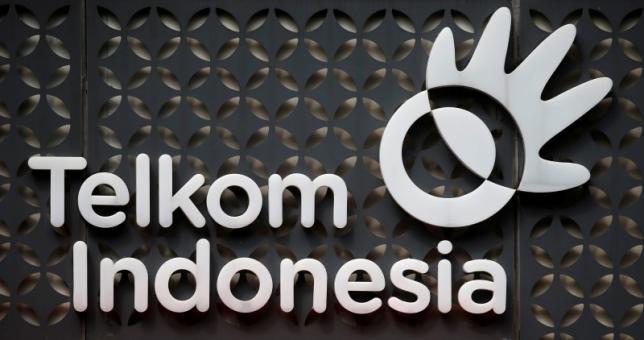In rule shake-up, Indonesia's Telkom to share network with smaller rivals

JAKARTA - Indonesia's leading state-controlled telecoms operator may be forced to share a key part of its network with smaller rivals, government officials told Reuters, under a landmark proposal to liberalize a $14 billion telecoms sector and speed up the roll-out of broadband coverage over the next three years.
While there is already competition on the densely populated main island of Java, PT Telekomunikasi Indonesia Tbk (Telkom) has long dominated elsewhere, resulting in high rural rates, which can be double those in big cities.
"If we continue building fixed and mobile broadband with our current model, we will be short of at least $15 billion (to expand the network)," said Communication and Information Minister Rudiantara.
"The strategy has to be to build in a more efficient way, which is to allow active sharing," he said, referring to sharing electronic equipment including spectrum, or frequency.
Telecoms operators scrap for what little spectrum is available at auctions as they try to meet surging demand for data in a nation of 250 million people where a young, Internet-savvy demographic is among the world's biggest users of social media like Facebook and Twitter.
Indonesia's total market for fixed and mobile services grew 14.5 percent to nearly 188 trillion rupiah ($14.3 billion) last year, according to IDC, an information technology research firm.
Smaller telcos have clamored for spectrum-sharing, but the government of President Joko Widodo has so far been reluctant to change policy as this is seen as a sensitive area linked to national security.
Telkom is also one of the biggest revenue contributors among nearly 120 state-owned enterprises (SOEs), paying the government 32 trillion rupiah ($2.4 billion) including dividends and taxes last year. (bit.ly/2bax9Uz)
It competes with PT XL Axiata Tbk and PT Indosat Tbk, which are majority-owned by Malaysia's Axiata Group Bhd and Qatar's Ooredoo OSC, respectively.
The impetus for change has intensified as Widodo, elected two years ago, set an ambitious target to extend connectivity across the sprawling archipelago by 2019.
"Spectrum-sharing will drive the momentum around Indonesia's broadband plan and also drive healthy competition," said Janice Chong, Singapore-based director of corporates at Fitch Ratings. "It will create a more level playing field, especially outside Java where the incumbent has an up to 80 percent market share."
PROFITABLE GROWTH
Widodo has this year opened up dozens of business sectors to foreign investors and launched a major tax amnesty scheme aimed at bringing home billions of dollars stashed by Indonesians abroad.
Easing rules in the telecoms sector, proposed by the communications minister, would continue Widodo's recent streak of liberalization.
It would also come as operators look to expand into under-penetrated regions such as Sumatra, Kalimantan and Sulawesi, where demand for connectivity is expected to grow faster than on Java.
Smaller operators, though, are put off by the high costs of building the network to connect thousands of islands and the limited availability of the rights to use frequency.
"We need profitable growth outside Java to survive. What will bring a lot of efficiency is if we split the costs," said XL Axiata CEO Dian Siswarini. "Network sharing becomes a must."
XL Axiata delivered a negative return on equity of 0.2 percent last year, compared with a positive 20.6 percent return at Telkom, according to company presentations. -Reuters







